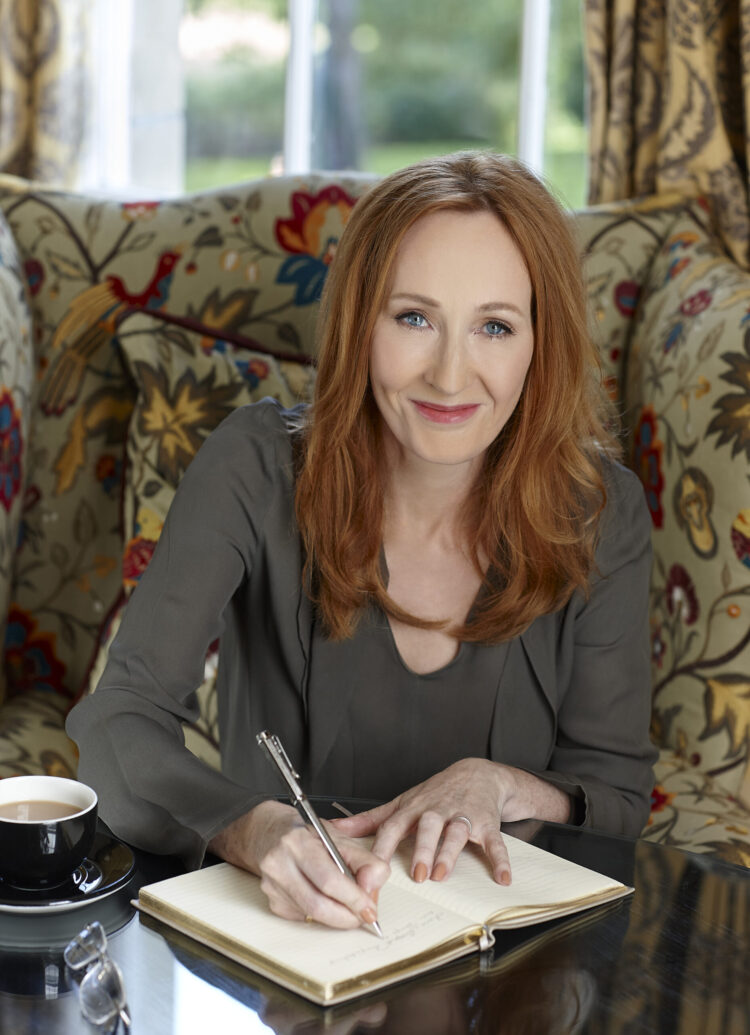By Gabriel Princewill-
Celebrated author J.K. Rowling(pictured) has thrust herself into the heart of a contentious debate over transgender rights and freedom of expression.
Rowling’s challenge to Scotland’s new Hate Crime and Public Order Act 2021 is poised to spark a firestorm of controversy, reigniting longstanding tensions surrounding transgender identities and the legal protections afforded to marginalized communities.
The backdrop to Rowling’s defiance is a history fraught with controversies and complexities surrounding transgender issues. Over the years, discussions about gender identity have evolved into a battleground where conflicting perspectives collide.
Advocates for transgender rights have tirelessly campaigned for greater recognition and acceptance, seeking to dismantle societal norms that perpetuate discrimination and marginalization.
Conversely, critics have voiced concerns about the erosion of traditional understandings of sex and gender, fearing that such shifts may undermine the rights and protections of women and girls.
At the heart of the matter lies the question of how society defines and perceives gender.
The journey towards self-identification and acceptance is often fraught with challenges, including discrimination, violence, and institutional barriers.
The struggle for legal recognition and protection has been an uphill battle, with transgender individuals facing disproportionate rates of homelessness, unemployment, and mental health issues.
The passage of Scotland’s Hate Crime and Public Order Act 2021 represents a significant milestone in the ongoing quest for equality and justice.
The legislation introduces new provisions aimed at combating hatred and prejudice based on protected characteristics, including transgender identity.
However, the exclusion of specific protections for women as a distinct group has drawn sharp criticism from activists and advocates, who argue that the law fails to adequately address the unique challenges faced by women and girls.
Enter J.K. Rowling, whose bold stance against the hate crime law has thrust her into the center of a polarizing debate.
Rowling’s vocal opposition to certain aspects of transgender activism has drawn both praise and condemnation from supporters and detractors alike. B
Her public description of transgender women as men and challenging the notion that biological sex can be overridden by self-identification threatens to reignite simmering tensions surrounding gender identity and expression.
The potential ramifications of Rowling’s actions are far-reaching and complex.
On one hand, her defiance has galvanized those who share her concerns about the impact of transgender activism on women’s rights and freedoms.
On the other hand, critics argue that Rowling’s rhetoric perpetuates harmful stereotypes and undermines efforts to foster inclusivity and acceptance.
Against this backdrop of controversy and conflict, Rowling’s challenge to Scotland’s hate crime law risks setting alight a powder keg of emotions and ideological divides.
The debate over transgender rights and freedom of expression is poised to take center stage, potentially forcing society to confront uncomfortable truths and wrestle with difficult questions about identity, equality, and justice.
In the coming days and weeks, all eyes will be on Scotland as the nation grapples with the fallout from Rowling’s bold stance.
Whether her actions serve as a catalyst for meaningful dialogue and change or deepen existing divisions remains to be seen.




